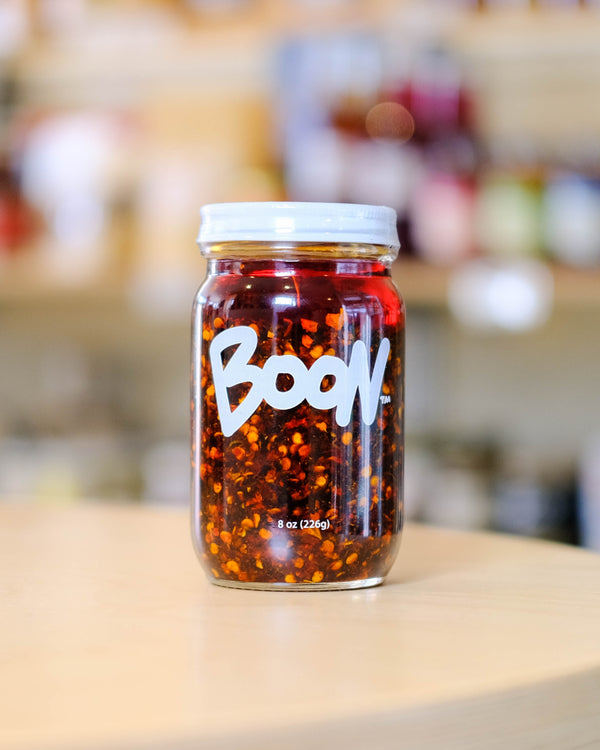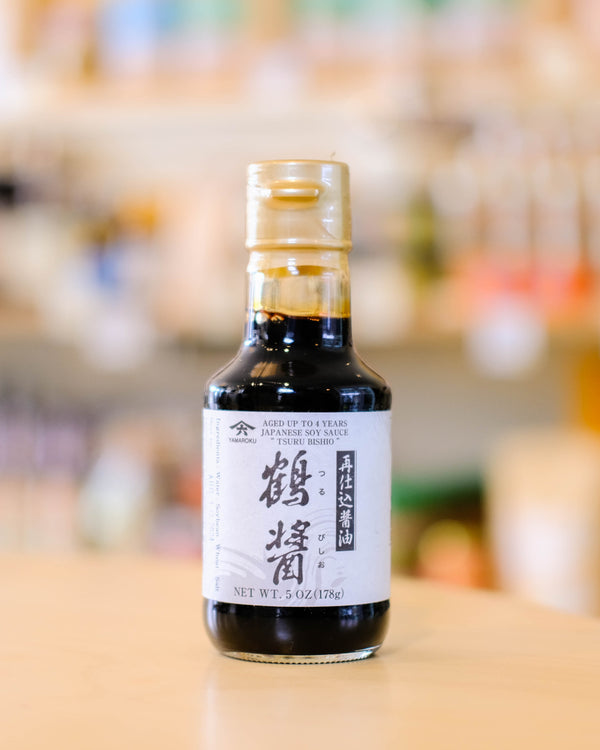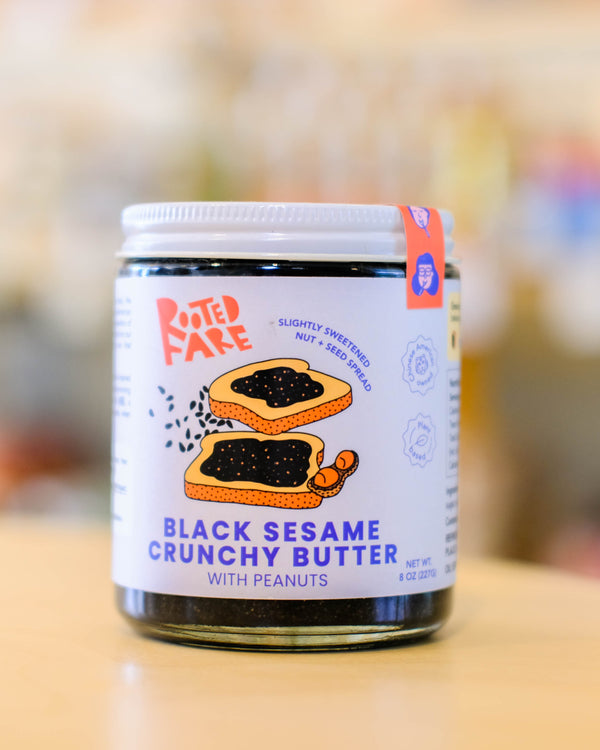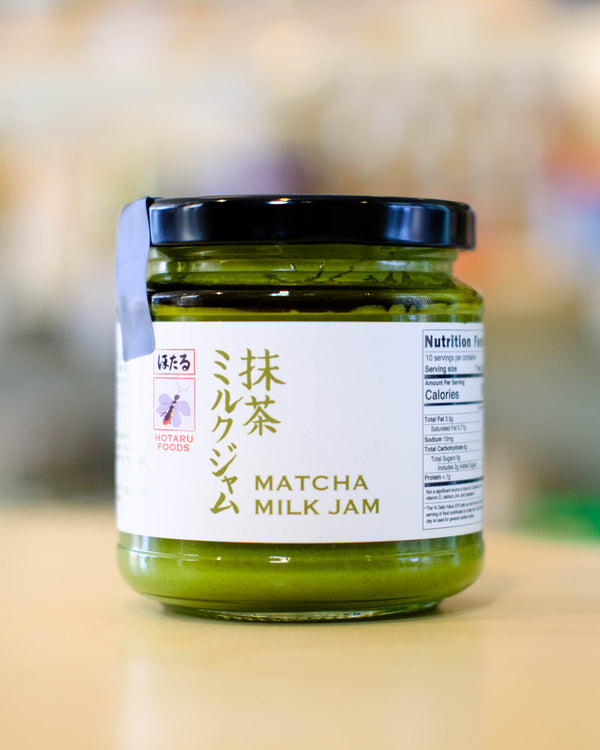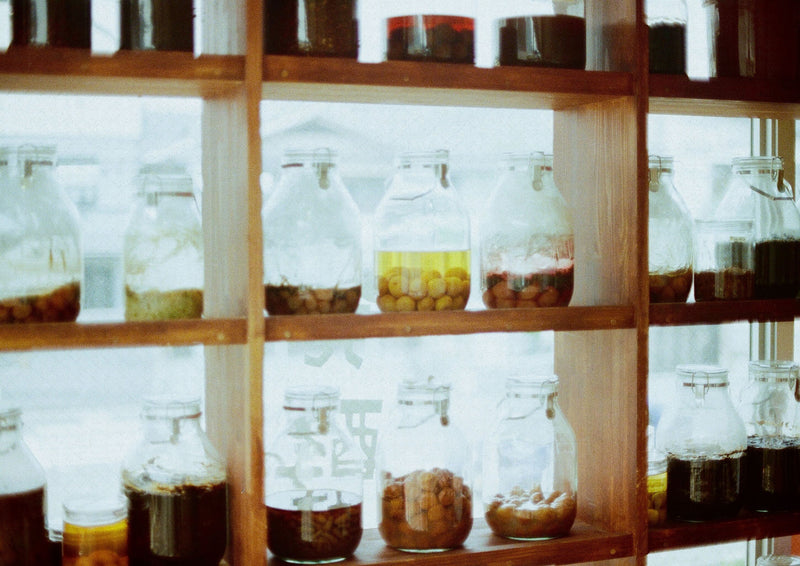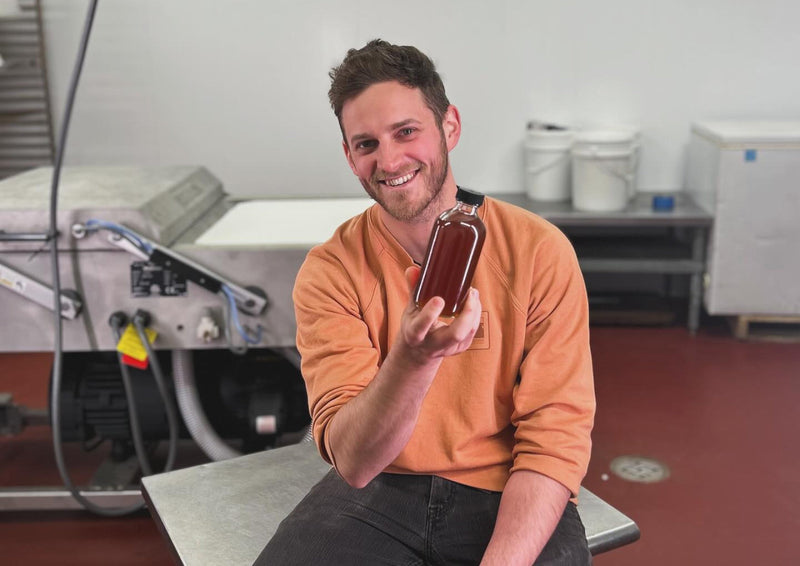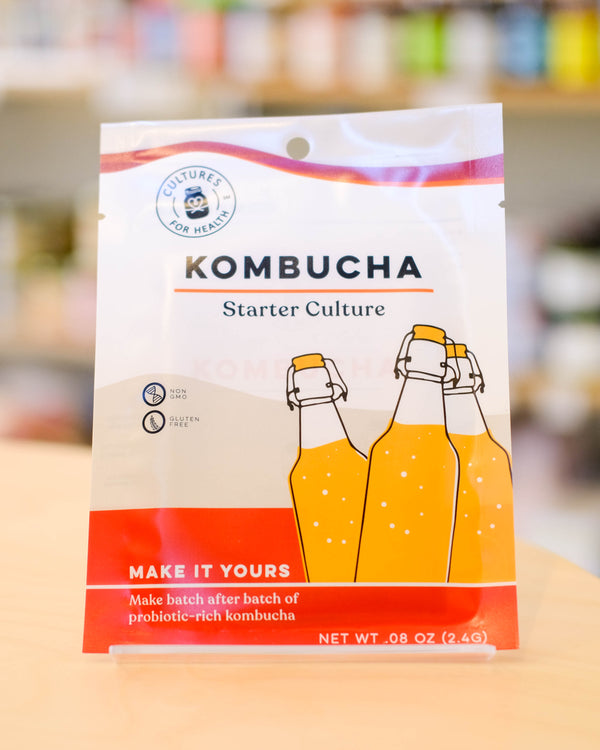Digestive health is driving some of today’s most prominent self care conversations. 60 to 70 million Americans live with stomach and digestive issues, and we often have people come to Onggi asking about digestive tonics, kombuchas, and how fermented foods and beverages can help ease stomach issues. Luckily, caring for your digestion is not just a new trend—it’s an ancient practice rooted in celebrating probiotics. Probiotics found in digestive tonics such as kombuchas and shrubs have been used throughout history to promote gut health. Let’s take a look at the history and benefits of these tonics so you can learn how to incorporate them into your daily routine.
What are probiotics?
Probiotics have been celebrated for centuries for promoting gut health and longevity. Probiotics are alive! These live microorganisms, often bacteria or yeasts, that when consumed, can improve the health of the digestive system. Probiotics are naturally found in fermented foods like yogurt, sauerkraut, kimchi, and our favorite digestive tonics—kombuchas!
People across the Asian continent traditionally used probiotics as a way to treat a variety of digestive issues such as diarrhea, constipation, and other gastrointestinal disturbances, and modern studies have shown that probiotics can help reduce inflammation associated with some digestive disorders, promoting beneficial bacteria in your gut microflora which helps improve digestion.

What is a digestive tonic?
Digestive tonics have been around for centuries, providing a natural way to promote digestive health. A variety of herbs are often used in these preparations, including ginger, dandelion root and fennel—all known for stimulating the digestive system.
These medicinal concoctions like kombuchas and shrubs are made by fermenting herbs in water with sugar or honey and allowing them to mull together for a few days or weeks before drinking. During this process, fermentation does its work! Lactic acid bacteria is produced, beneficial bacteria from the herbs concentrate, and the tonic takes on benefits that help balance our intestinal microflora, essential for healthy digestion. With so many benefits to be gained from using these herbal remedies, it's no wonder they've been relied upon for ages!
A closer look at kombucha
Kombucha is a fermented tea beverage packed with probiotics and acetic acid, and in recent years, its popularity has exploded. To make kombucha, tea is sweetened with sugar or honey, and fermented by adding a SCOBY (a symbiotic culture of bacteria and yeast). The SCOBY eats the sugar and converts it into various beneficial compounds, including organic acids, vitamins, enzymes, and probiotics. The fermentation process usually takes a week or two, and develops kombucha’s signature tangy flavor and fizzy texture, with under 0.5% of alcohol in the final product. These fermented beverages can be made with herbs, sugar or honey, fruit juice, flowers, you name it, making exploring new kombuchas a joy.
Today’s diversity of kombucha is outstanding, with tons of unique flavors, exciting new brands, and kombucha breweries popping up across the country. Kombucha’s newfound popularity, though, is borne of an ancient tradition. For centuries, people have turned to traditional drinks like kombucha, switchel, and shrub for digestive health. Kombucha's origins point to China around 200BC, where it was known as the “Tea of Immortality”. From there, the Silk Road took the beverage to rural Russia and Korea, and onward to Japan where each culture put their own spin on the digestive tonic with different plants and herbs giving distinct flavors to their brews. Today, great kombucha is made all over the world.
Here are some of our favorite kombuchas and shrubs at the shop:

Heirloom New York, Genmaicha Tea
Green tea and puffed rice give this Heirloom New York brew a nutty and herbal flavor that we absolutely love. Rich with a hit of umami, this kombucha pairs beautifully with many different dishes and snacks. The company uses organic fair-trade teas and local fruits and herbs for their blends.

Unified Ferments, Jasmine Green
Summery floral heaven! A full jasmine bouquet hits you upon opening—the drink is fizzy and alive with a ton of flavor, yet elegant enough to stand up to a glass of floral white wine. This bottle is special, tea-forward, and begs to be shared. Stop by the shop to pick up a bottle or check out their other flavors.

Yesfolk, Yaupon, Single Origin
Single origin Yaupon tea is the star of this refreshingly simple, green and grassy canned kombucha. Yaupon is a type of holly native to North America, and one of our only naturally caffeinated plants. Bring a couple of four packs of this to your next barbecue or backyard party—everyone is going to want to try one. We stock a few Yesfolk flavors in the shop—come on by to grab them.

Fully Rooted, Ginger Reishi
One of our favorite local to New England brands, Fully Rooted is based in Providence, Rhode Island. Yaupon tea, ginger, and Reishi mushroom are the standouts of this blend, creating a delightful earthy flavor with just a hit of fizz and a touch of naturally occurring caffeine to power your day. Fully Rooted also makes a non-caffeinated hibiscus kombucha we can’t get enough of. Stop by the shop to try it out!

Herbal Revolution, Maine Wild Blueberry Shrub
This drinking vinegar (or shrub!) from Herbal Revolution delivers local wild blueberry flavor, and mixed over ice with lime sparkling water and a sprig of your favorite herb, makes a beautiful evening beverage. Try using five parts sparkling water to one part drinking vinegar for a zippy and refreshing drink.

Want to make your own? It’s easy! Try out the kombucha starter culture from Cultures For Health and infuse your creation with your favorite fruits, herbs, or flowers.

